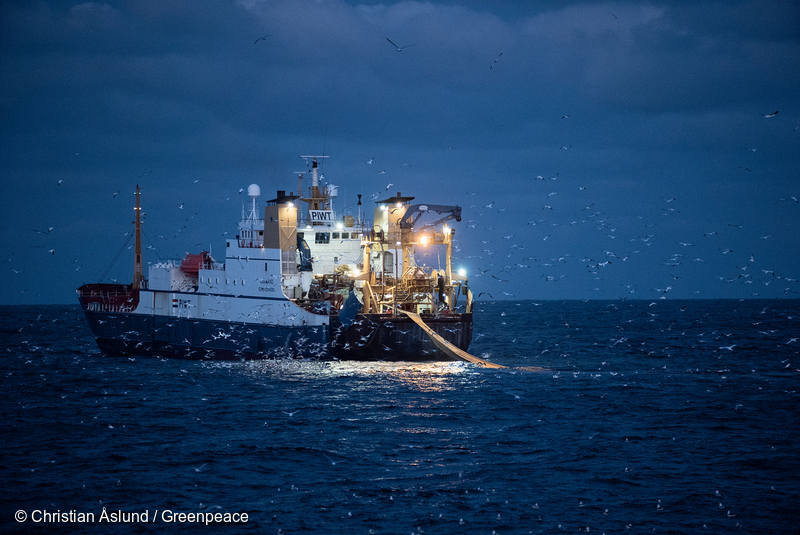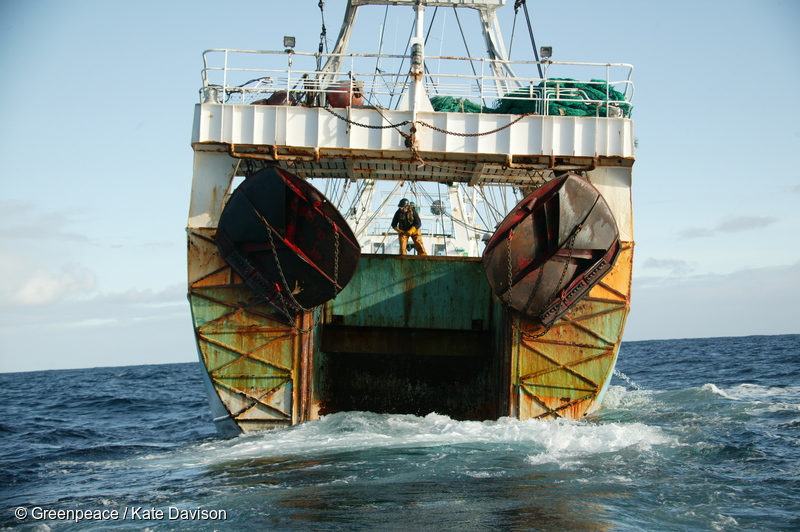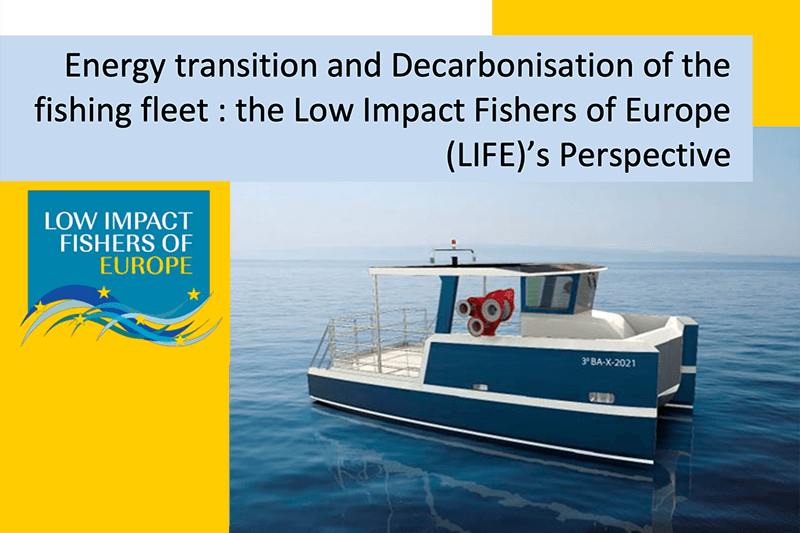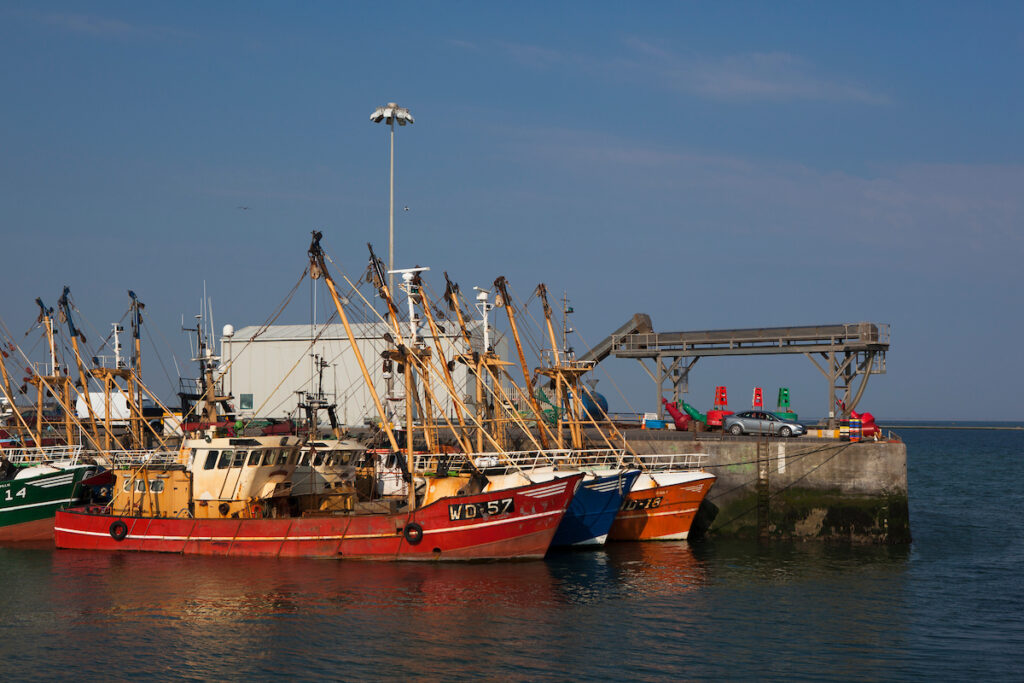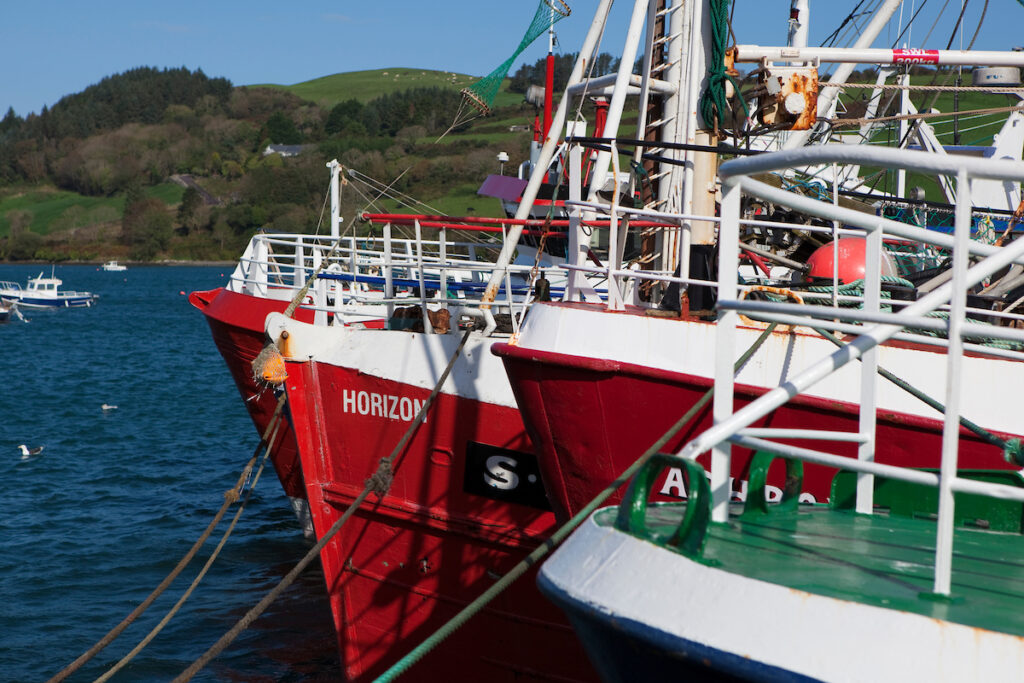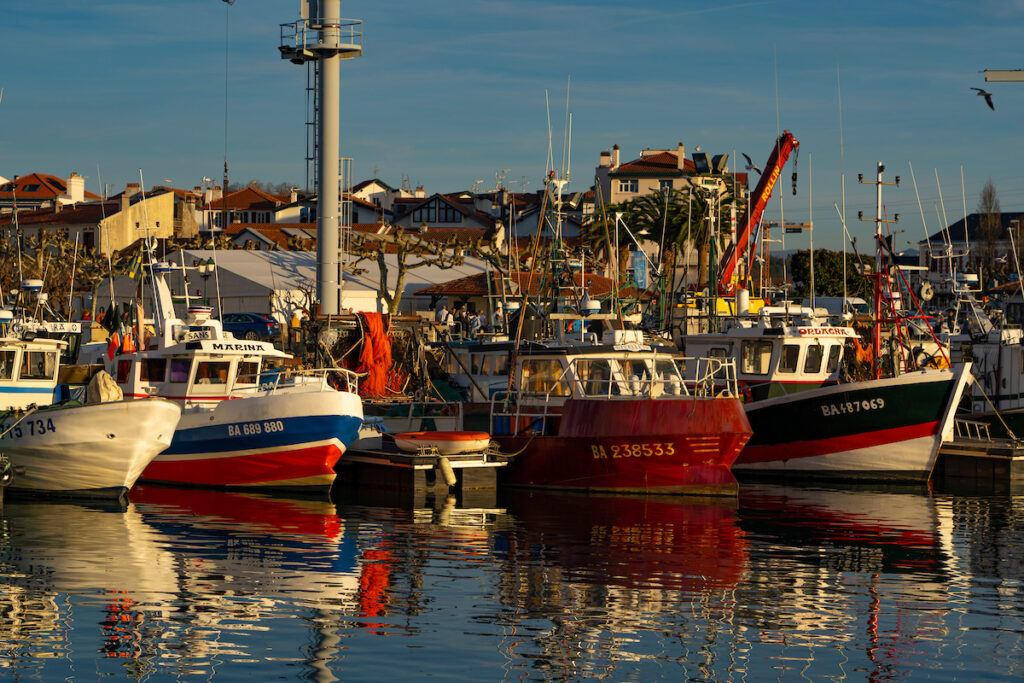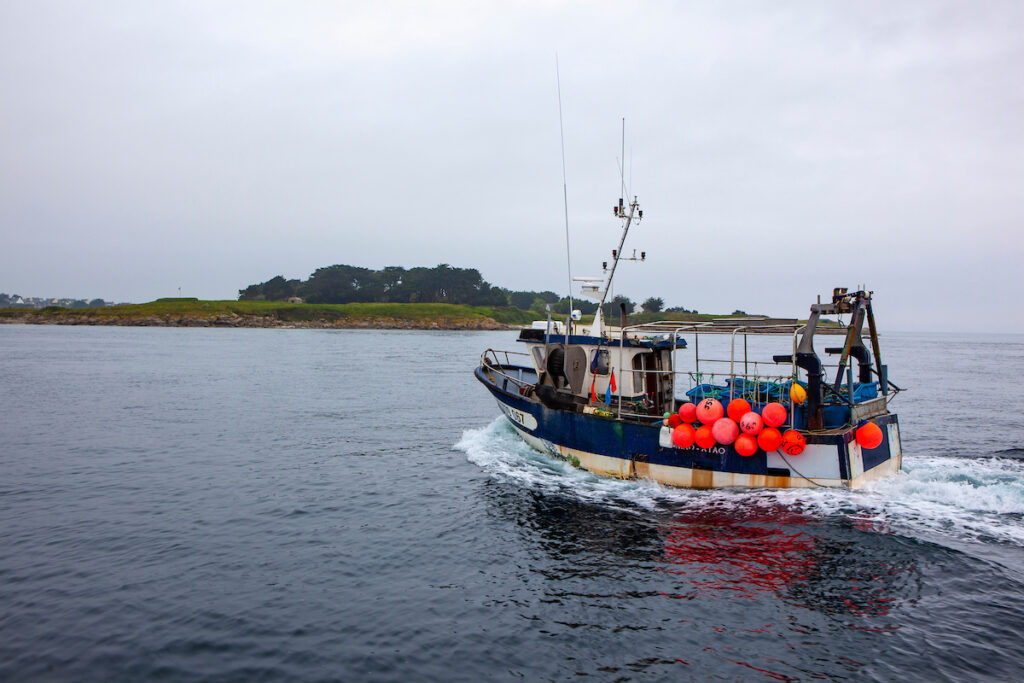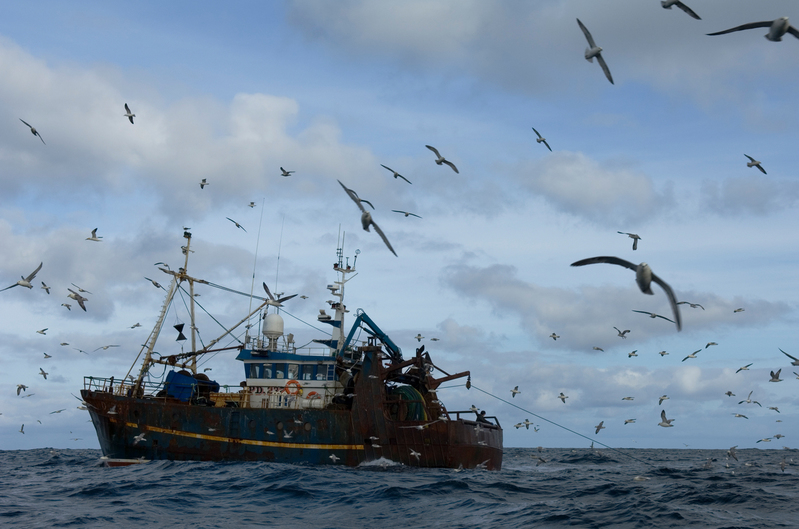Shifting from fossil fuel dependency to a zero carbon economy is as imperative for fisheries as it is for other production sectors. Decarbonisation must also be coherent with the other processes affecting the fisheries sector, and in line with fishery management objectives. Decarbonisation must not be pursued at the expense of biodiversity conservation, nature restoration, and the transition towards a fair and sustainable food system. On the other hand, if the vision of the fisheries of the future is well framed and the energy transition is well aligned with the CFP objectives to end overfishing, conserve and restore the marine environment, and is consistent with the objectives of achieving economic, social and employment benefits, it could provide a great opportunity to revitalise the small-scale low impact fishing sector, and give them prospects of future.
